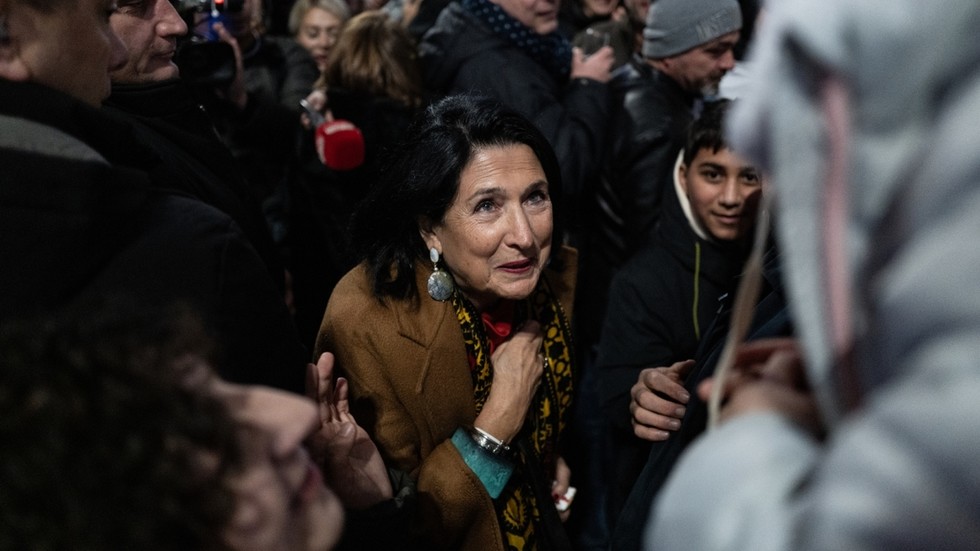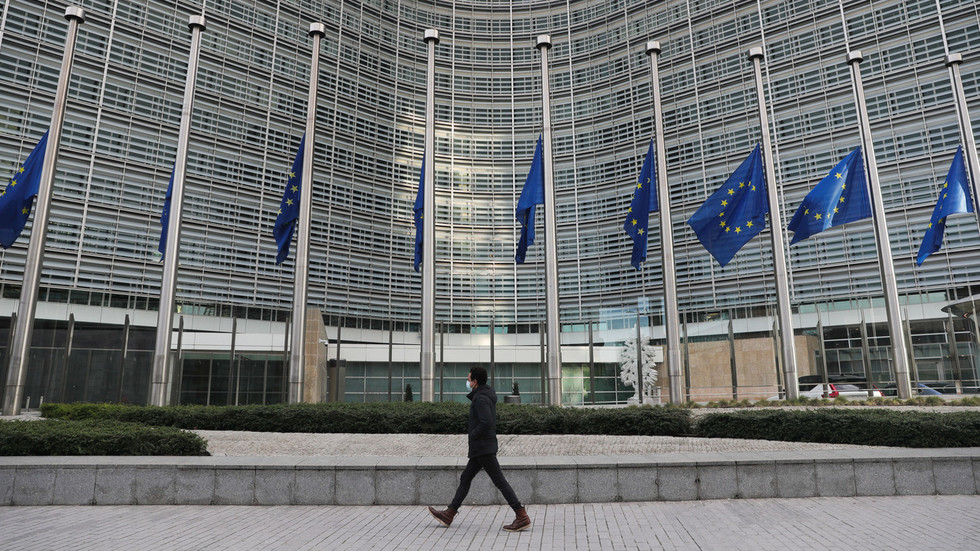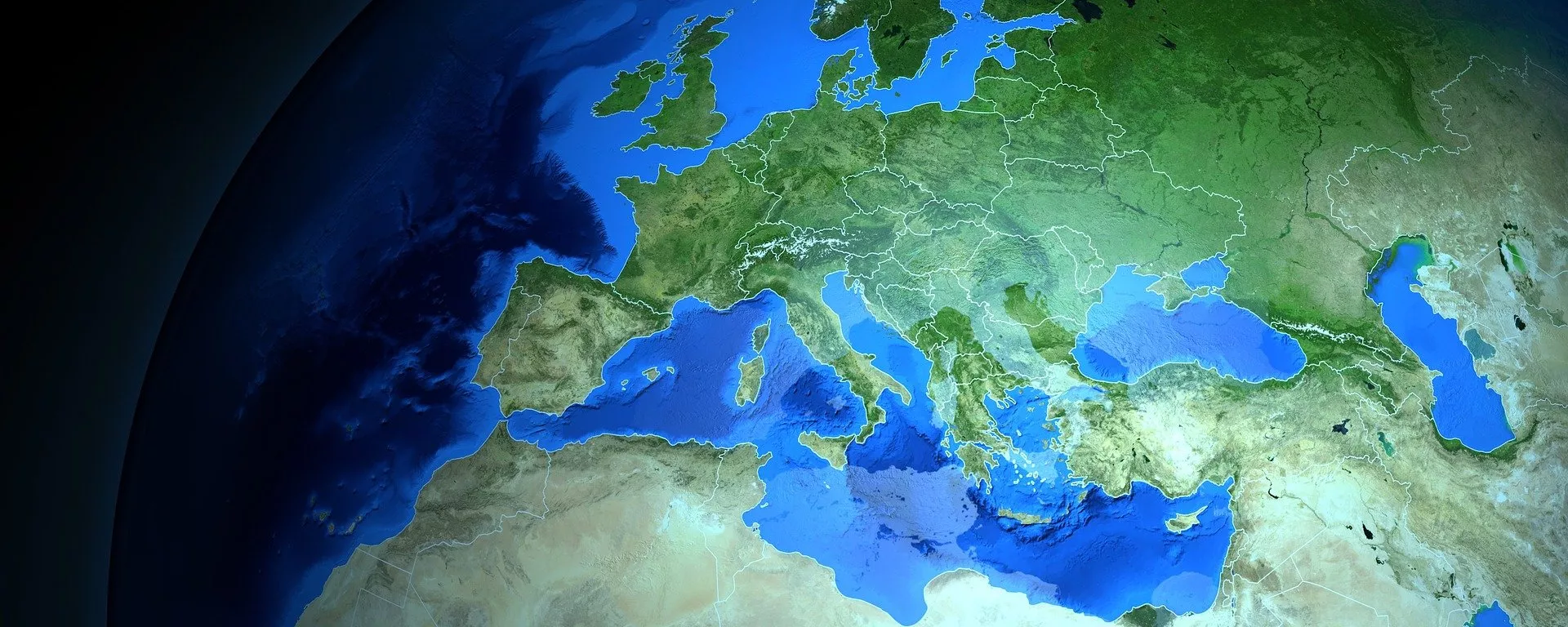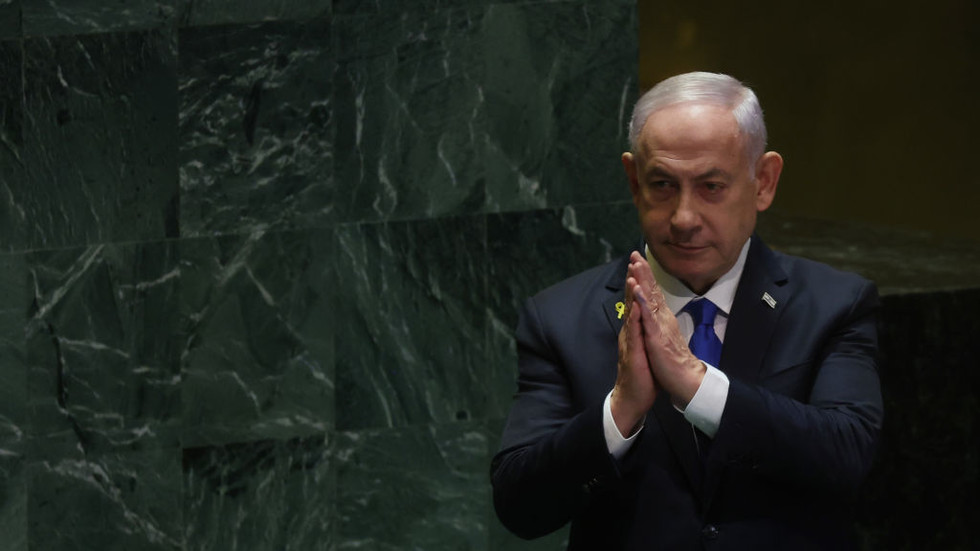The opinions expressed in this article are those of the author and do not represent in any way the editorial position of Euronews.
When the Hungarian government introduced the logo for the EU presidency — a Rubik's Cube — in July, I was hopeful. Maybe, I thought, they are getting their act together. Well, they did not. Today, this Rubik's Cube still looks like confetti, MEP Daniel Freund writes.
Read the opinion article on the Hungarian presidency from political director for Prime Minister Viktor Orbán, Balázs Orbán, here.
If you want to measure the success of a rotating Council presidency, the level of invisibility might be one of the best indicators.
An honest broker works in the background, identifies common ground, harmonizes relations among member states and institutions, and moves things forward for the greater European good: smooth, silent, and seamless.
The Hungarian Council presidency, led by Viktor Orbán's government, was none of the above. It was loud, messy, and provocative, placing Orbán at the centre. Instead of focusing on the EU, it was all about "Me, me, me."
It projected an image of a disunited union, and at a crucial time for the EU, nothing was achieved on substance.
The spectacle could have ended sooner
Months before Viktor Orbán assumed the Council presidency, the warnings from the European Parliament were dismissed. What could Orbán possibly do during the post-European election period?
There wouldn’t be any "real" legislation, only job decisions. Risk: low. Allegedly. But Orbán has clearly demonstrated that the risk is always high when he is placed in a position of responsibility — whether domestically, where he has been systematically dismantling democracy for over a decade, or at the European level.
It took him just four days to fly to Moscow and give the war criminal Vladimir Putin a platform. This was done without any consultation with European partners and seemingly with the sole aim of showcasing European disunity.
The European Commission’s response was swift. On 15 July, Ursula von der Leyen announced that European Commissioners would boycott informal Council meetings. The whole spectacle could have been put to an end after just two weeks.
Instead, the ordeal dragged on for months, during which Orbán used his temporary European position of power to deliver a speech in the European Parliament, endorse Donald Trump, and invite heads of state and government to one of his football stadiums.
Meanwhile, the Orbán government is being accused domestically of bugging the private residence of opposition leader Péter Magyar. If this suspicion is confirmed, we may have our own Hungarian Watergate within the EU.
Additionally, the state of emergency has just been extended another time. For the past eight years, Orbán has systematically bypassed the parliament, making decisions by decree. It’s incomprehensible how a country in a perpetual state of emergency can lead the EU.
Hope dies last
When the Hungarian government introduced the logo for the Presidency — a Rubik's Cube — in July, I was hopeful.
To complete the cube, they said, “it requires strategic insight, patience, discipline, and precision.” Maybe, I thought, they are getting their act together. Well, they did not. Today, this Rubik's Cube still looks like confetti.
And while the end of a tumultuous year and an unproductive Council presidency draws closer, you can be sure that Viktor Orbán is preparing the final act: a European Council in December — the last chance for him to blackmail the EU into releasing frozen EU funds.
If only it were already over.
Daniel Freund (Greens-EFA/Germany) is a Member of the European Parliament (MEP).

 1 month ago
17
1 month ago
17






 We deliver critical software at unparalleled value and speed to help your business thrive
We deliver critical software at unparalleled value and speed to help your business thrive






 English (US) ·
English (US) ·